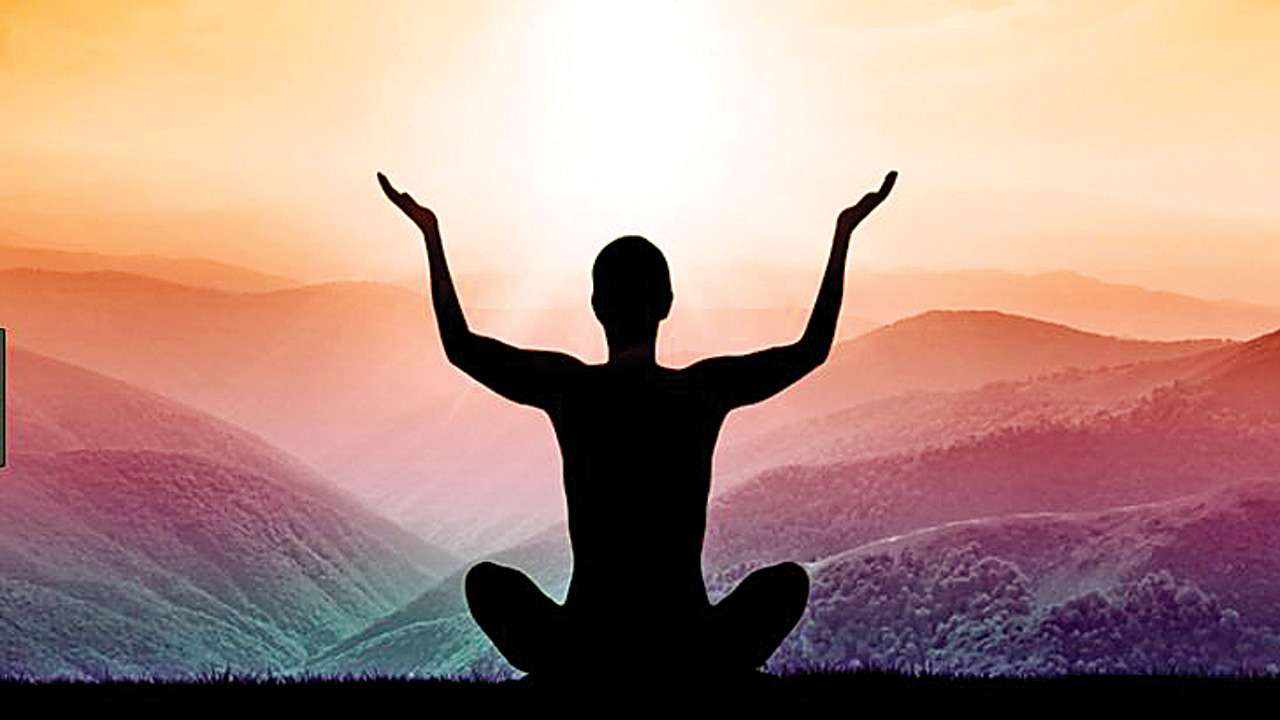
India is not just a geography or history; it is not only a nation, a country or a mere piece of land. It is something more, a metaphor, a poetry, something intangible, but very experiential. It is vibrating with certain energy fields for tens of thousands of years.
Hundreds of spiritual masters have reached the ultimate explosion of consciousness by meditating on the banks of holy rivers like the Ganges.
Their vibration is still alive; their impact is in the air. You just need a certain perception, a certain capacity to receive the intangible that surrounds these mystic lands.
In India, we have many places which turned hippies into billionaires or actors into monks or musicians into world phenomena, leaving enough stories for us to explore. These curious souls visited India to explore the inner self and seek the last goal of life, which is moksha.
In the 1980’s and 1990’s, the West led with artha (material well-being), kama (emotional well-being) and dharma (moral well-being) to some extent. However, there was no one to teach them the fourth goal of life, moksha or the spiritual well-being. When one of these goals or more is missing, it leads to mid-life crisis, an inner void, unhappiness, restlessness or inertia. Hence the search began.
Philosophers, writers, singers, actors, scientists and scholars started pouring in. They found an eternal order, which revealed a secret to them to remain happy and live a fullfiling life.
They found Sanatan Dharma - the eternal order, which is a philosophy of life. Sanatan Dharma talks about how the four goals of life are interconnected and how at times, one needs to wisely choose one over the other.
Some also came after being inspired by the visits of famous Indian spiritual gurus to the West - the gurus who were initiated by this old order and asked to spread the message far and wide. They came here acknowledging great scientists and scholars like Bhaskaracharya. Some among them knew that the West had benefited from the ancient science and technology of India.
But there was a query. If India believes in spirituality, and if it is the truth, then why don’t we see it in India? Where’s the gap? It’s because India was a slave for a long time. We were so rich and magnanimous that everyone wanted to rule us and they were successful. However, now it is our dharmic duty to spread this knowledge to fill the void that still exists in the society.
We as humans have a tendency to question everything, even our own existence, because of which we need either logical explanation or endorsement to believe in something.
Look at how super successful people – the top one percent – come as seekers and embrace Indian history and ancient wisdom.
In 2010, Julia Roberts told the Elle magazine that she believes in and practises Hinduism. Roberts, who grew up with a Catholic mother and Baptist father, reportedly became interested in Hinduism after seeing a picture of the deity Hanuman and the Hindu guru Neem Karoli Baba, who died in 1973 and whom she never met. She revealed that the entire Roberts-Moder family went to temple together to “chant and pray and celebrate”. She announced, “I’m definitely a practising Hindu.” This was at Kainchi Dham in Uttarakhand.
In 1974, when Steve Jobs was working at Attari, one of his friends urged him to take a spiritual journey to India and meet Neem Karoli Maharaj. He came to India with a friend, Daniell Kotte. For him it wasn’t an adventure, it was a serious search. He landed in Delhi and after a few days, headed out for Haridwar, which was hosting the Kumbh Mela at that time.
After that he went to Nainital in the foothills of the Himalayas. That’s where he was supposed to see Neem Karoli Babaji, but by the time Jobs got there he had passed away. It was there that Jobs read the Autobiography Of A Yogi.
Later, he visited Shri Haidakhan Babaji to seek spiritual enlightenment. Babaji taught that life should be lived with love, truth and simplicity. One should perform yoga as the 21st century is all about transition. A new world order will prevail post a revolution and dharma will triumph again.
The author is a philanthropist. She is also co-chair, Harvard Alumni Entrepreneurs